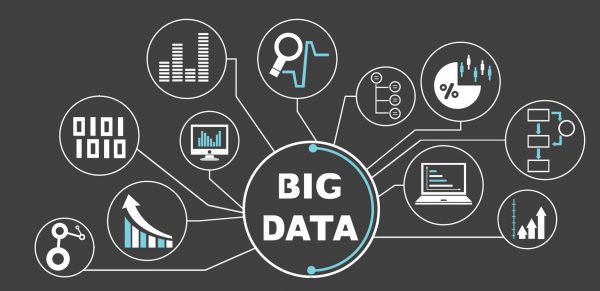The amount of data we collect is astonishing. According to Forbes, we have collected more data in the past two years than in the entire previous history of the human race. Wow.
Every action we take both in the digital and physical space is recorded. Data is transformed into information helping understand buying trends, social behaviors, and various predictive analytics. Almost every industry has nearly perfected its approach to collecting “big data.” Everything we do is data that is collected, analyzed, turned into information which can help businesses and industries make educated decisions. That is big data.
The healthcare industry has seen itself in the spotlight this past decade and thus beefed up the data it collects. So why is the data from the healthcare transportation industry falling behind? The multi-billion-dollar industry still suffers from antiquated technologies and lack of ability to collect meaningful data.
Roundtrip was created with a data-first approach to solving the inefficiencies of healthcare transportation. Using big-data and predictive analytics, Roundtrip can track data points throughout the entire patient transportation process and feed valuable information and analysis back to transportation companies, healthcare facilities, and state and local government agencies.
Roundtrip’s healthcare transportation platform can now offer healthcare and hospital facilities as well as transportations some of the following benefits:
- Understanding peak scheduling times, including knowing, down to the patient level, the best time to schedule a patient’s transport.
- How long does it take for a patient to board from their pick-up location into the transport vehicle? With Roundtrip’s analytics platform, we can predict how long in advance the patient should be picked up to improve on-time metrics.
- How efficient is the transportation fleet? We know that most transportation companies operate at a 35% vehicle efficiency. With the Roundtrip model, not only do we improve that efficiency, we have the data to back it up.
